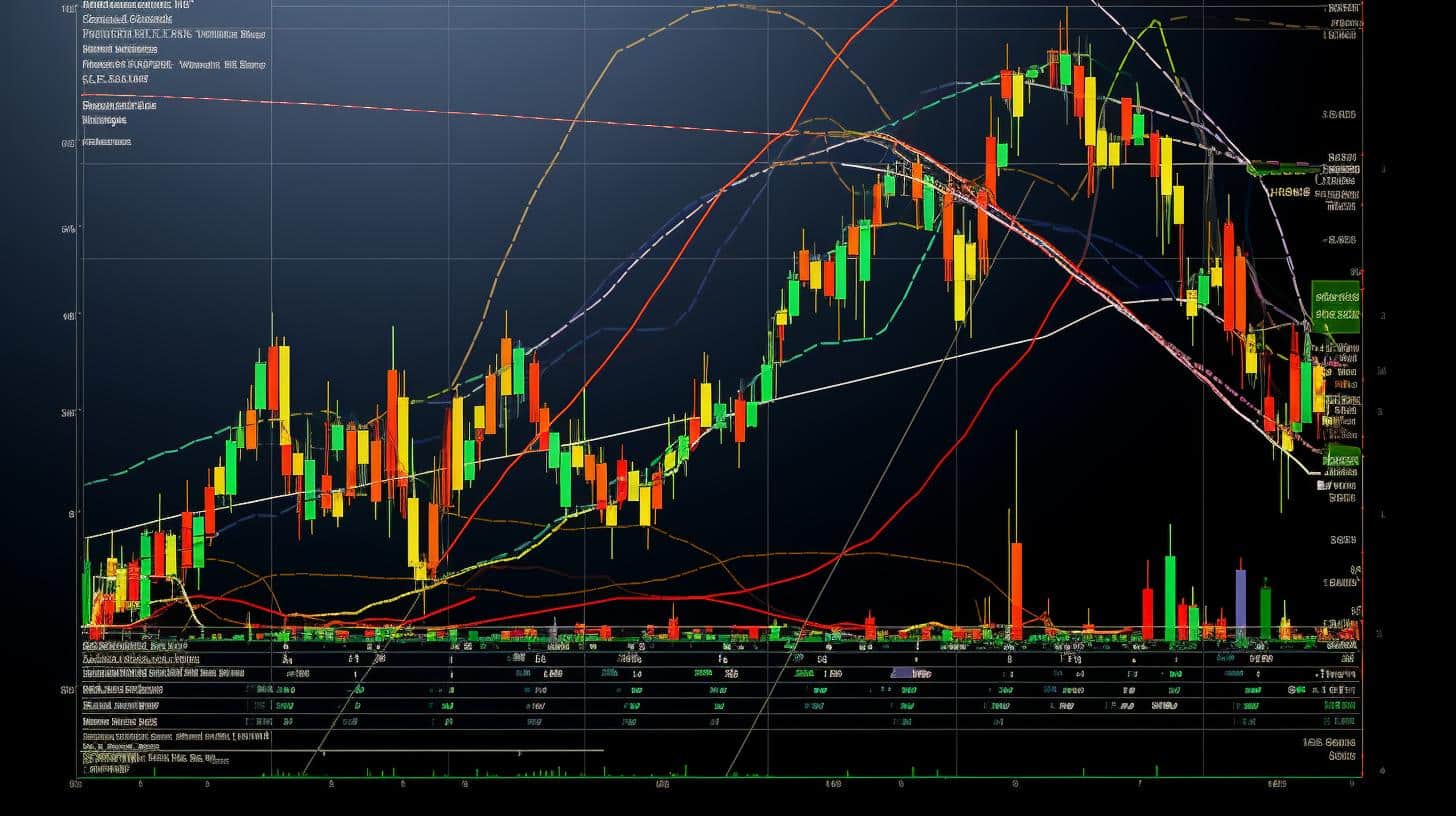Crypto Turns Broadly Lower as Stocks Give Away Gains
An early Wednesday rally in stocks and crypto has sizably reversed. JPMorgan chief Jamie Dimon continues to worry about inflation, while former FRBNY President Bill Dudley said the economy is facing an imminent recession and the Fed needs to cut rates soon and often.
The price of bitcoin (BTC) has tumbled after rallying earlier Wednesday as U.S. stocks gave up a sizable early advance to turn lower in U.S. mid-afternoon action. Bitcoin (BTC) at press time was trading at $54,800, down just shy of 4% from 24 hours ago and more than 6% from the $57,600 level touched a few hours earlier. Ether (ETH) is faring worse at $2,322, lower by 7.1% over the last day and sending its ratio against bitcoin to the lowest level in more than three years. The broader CoinDesk 20 Index is down 3%.
Trading got off to a good start Wednesday after Bank of Japan Deputy Governor Shinichi Uchida said that the central bank wouldn't hike borrowing costs when markets are unstable. The dovish comments sent the yen lower and the Japanese stock market and U.S. index futures nicely higher. While the Nikkei managed to close higher by 1.2% and U.S. stocks opened with gains of around 1.5%, the bullishness has faded throughout the course of the day. Roughly ninety minutes before the close of trade, the Nasdaq is down 0.8% and the S&P 500 off 0.6%.
Speaking Wednesday, JPMorgan CEO didn't sound so sure that the U.S. Federal Reserve would be successful in returning inflation to its 2% target. Worrying him on inflation are things like deficit spending, "remilitarization," and the green economy shift. Of what appears to be an imminent Fed rate cut, Dimon says it's likely coming, but he doesn't expect it to have much effect.
Meanwhile, former Federal Bank of New York President Bill Dudley suggests the Fed needs to cut rates soon and in a sizable fashion. "Evidence of a weakening labor market and moderating inflation has accumulated rapidly, strongly suggesting that the Fed is behind the curve," wrote Dudley this afternoon. He noted that the recent fast rise in the unemployment rate has breached the "Sahm rule" threshold (named after economist Claudia Sahm), thus indicating far higher unemployment and a U.S. recession is on the way.
"Monetary policy is tight and becoming tighter as price and wage inflation moderate," continued Dudley. He argues that just getting to a neutral fed funds rate would require at least 150 basis points in rate cuts and if the Fed needs to get into the accommodative range, another 100 basis points in cuts on top of that might be necessary. "Prepare for more volatility in stock and bond markets," concluded Dudley, who expects Fed Chair Jerome Powell's "deliberative manner" to prevent any quick easing moves.













